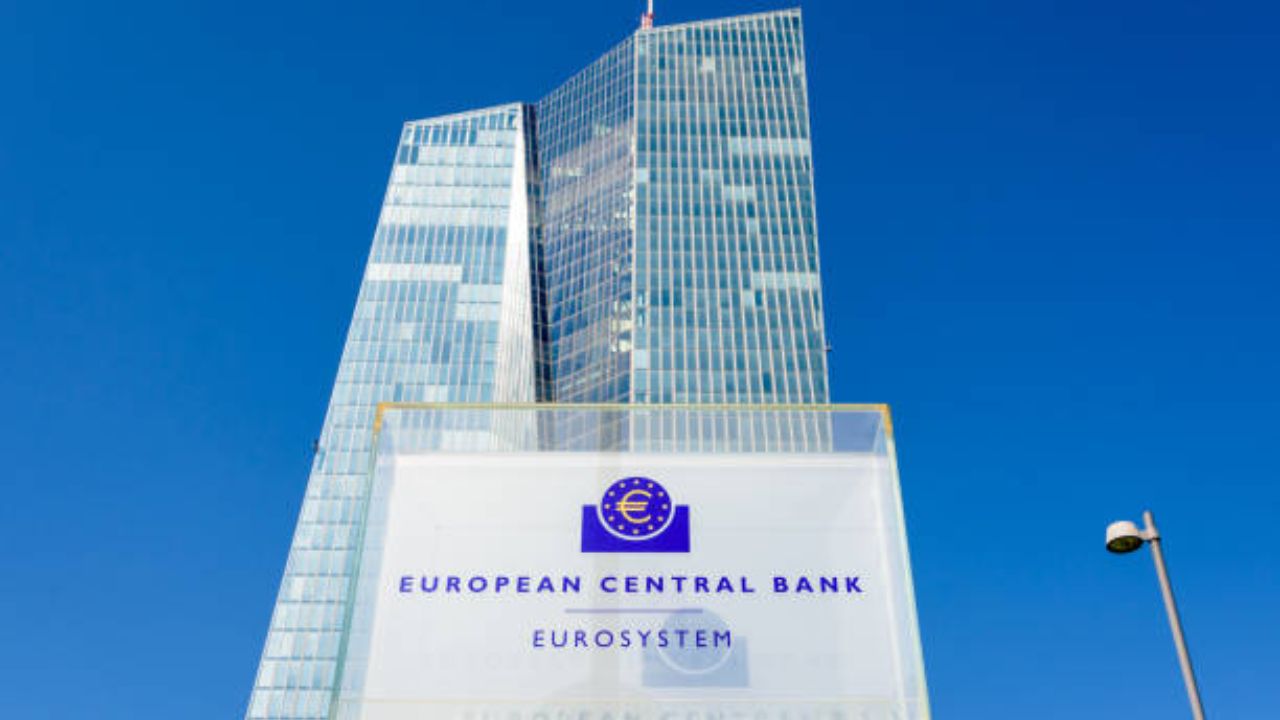 English
English

The US may have levied heavy tariffs on China, but this will significantly impact the European Union’s economy, as China could now reroute its exports from the US to the EU. The EU already imports $400 billion worth of goods from China, including machinery, electronics, and batteries. A further increase in Chinese exports may force the EU to cut interest rates, which would further reduce inflation.

The European Central Bank (ECB) building in Frankfurt, Germany (Image Source: Internet)
Brussels: The new tariffs imposed by the US will affect global trade for a long time, but they may have a major impact on the European Union (EU). Experts believe that Europe has already achieved an inflation rate of 1.8%, which is lower than the target rate (2%). The ECB had assured everyone that it would not further cut interest rates, but goods previously exported from China to the US may be rerouted to Europe. This could further reduce inflation in Europe and increase pressure on the European Central Bank (ECB) to cut interest rates.
Has the ECB ended the trend of cutting interest rates?
Last week, the ECB indicated that there is now little scope for further reduction in interest rates because:
For these reasons, the markets thought that the ECB would not cut rates any more, but the new tariffs in the US have changed this equation.
How will Europe be impacted by Chinese goods?
An ECB blog warns that due to the increase in tariffs in the US, more Chinese goods will start coming to Europe, due to which:
The ECB estimates that if more Chinese goods come to Europe, then inflation could fall to 0.15% by 2025. This would be well below the ECB's target of 2%.
Long-term impact on the European economy
According to a study by Italy's Central Bank, the rise of Chinese goods in Europe could reduce core inflation by 0.3% over 2 years. Europe already imports $400 billion worth of goods from China, including machinery, electronics, and batteries.
Will the ECB have to lower interest rates again?
The ECB has already forecast that inflation will be 1.8% in 2025, which is below target. If inflation from Chinese goods falls further, the ECB may have to make another interest rate cut. However, this will increase pressure on European companies, as cheaper imports will weaken their competitiveness.
The tariff war between the US and China is now affecting Europe. The ECB will now have to make a difficult decision—will it allow inflation to fall further or support the economy by lowering interest rates? For now, it appears that the ECB's interest rate journey is far from over.